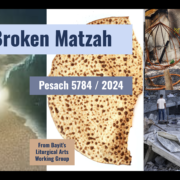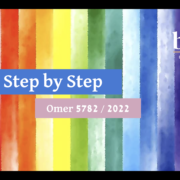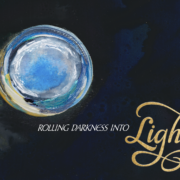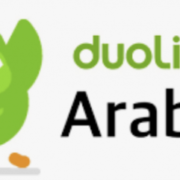Matot-Masei: And All for One: Building the Spiritual Ethic to Join “Another’s” Cause
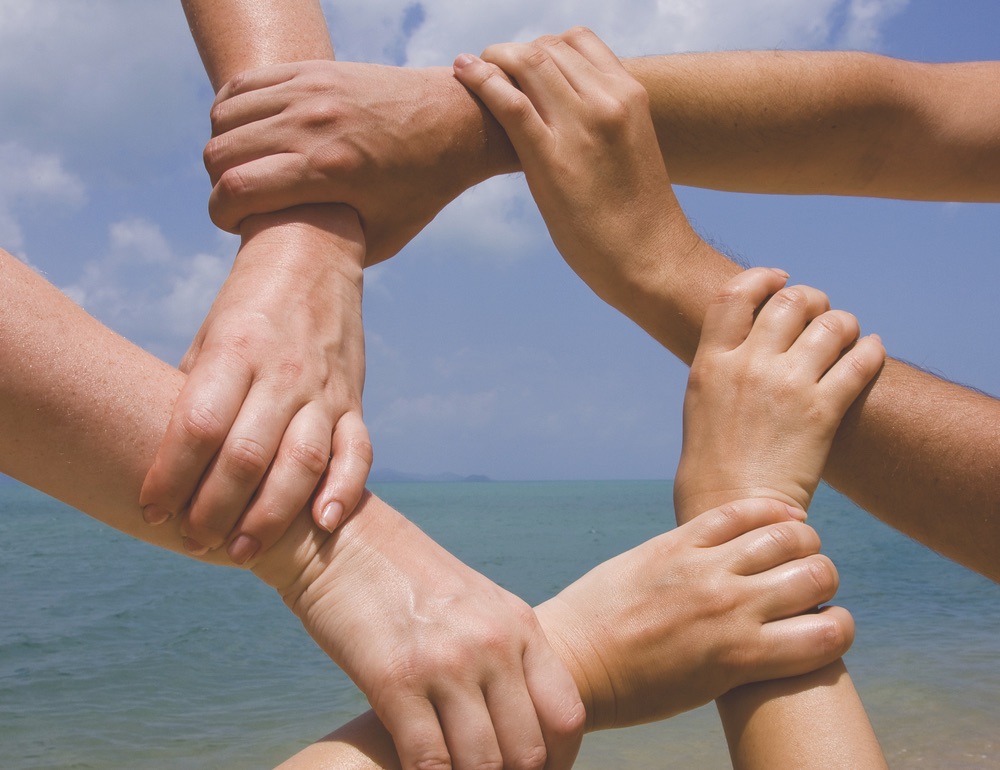
Part of an ongoing series that explores Torah through an ethic of social justice and building a world worthy of the Divine
“Injustice anywhere is a threat to justice everywhere. We are caught in an inescapable network of mutuality, tied in a single garment of destiny. Whatever affects one directly, affects all indirectly. Never again can we afford to live with the narrow, provincial ‘outside agitator’ idea.” – Dr. Martin Luther King, Jr. (1963)
The mission of most social movements is to convince that an injustice most directly impacting some compels redress by and in the name of all. Campaigns against racist or misogynist policy, homophobia and transphobia, antisemitism and Islamophobia, environmental classism and systemic inequality, foreign invasions and human trafficking, all differ widely in subject and context – yet share a common need to seek support far beyond their core stakeholders.
That’s the essential project of politics in its best sense, teaches E.E. Schattschneider in his 1960s classic, The Semisovereign People. As it happens, this truth’s first Western spiritual expression might be the Israelite plan to enter the Land of Promise in this week’s Torah portion (Matot-Masei).
Ancient Israelites approach their storied destination after 40 years of desert wandering. Until now, the 12 tribes planned to forge the Jordan River together and make the Land their own. At the last moment, however, the tribes of Reuven and Gad want to opt out, not settle across the River, and instead live in the grasslands of today’s western Jordan.
An already beleaguered Moses flipped out: “Will your brothers go to war while you stay here? Why do you turn Israel’s hearts away from the Land that God gave them?!” (Num. 32:6-7) Ovadia ben Yosef (1470-1550) heard Moses to accuse Reuven and Gad of wrongly taking for themselves what the whole people together had attained, and thereby undermining everyone’s morale (Sforno, Num. 32:6). Avraham ben Meir ibn Ezra (1092-1167) went further: Moses was saying that they’d break everyone’s morale (Ibn Ezra, Num. 32:7).
We hear similar echoes today: “You’d leave others to battle rising sea levels while you flourish on higher ground, reaping the benefits of past greenhouse emissions? Why would you turn a blind eye and feed the inertia that saps hope for a better future? Your aloof selfishness will doom us!” In social equity contexts, “You got yours, and now you leave the rest to struggle with the deck stacked against them? Why do you perpetuate this unfair system and ruin a better future for all?”
In the political economics of game theory, this phenomenon is the “first-mover advantage” – a structural incentive to jump the gun, jump the line, get yours and opt out. Without an outside brake to slow or stop it, first-mover advantage tends to feed on itself: it naturally accelerates, undermines cooperation and heightens strife in a continuing negative feedback loop.
Thankfully, the Israelites’ story doesn’t end with first-mover advantage – and neither need ours. Reuven and Gad replied that they won’t ultimately live with the rest, but they’d join the others to help them reach their goal and won’t return to their homes until they do (Num. 32:17-18). Even more, said Shlomo Yitzhaki (“Rashi,” 1040-1105), they’d help lead the effort (Num. 32:17).
Such is the Jewish spiritual imperative to join another’s cause – even more, the imperative to know another’s cause as one’s own.
It asks an expansive reframing of what our interests truly are. Had Reuven and Gad understood themselves only as Reuvenites and Gaddites, they’d have little or no interest in the Israelite’s cause. But they knew the Israelite cause also to be their own, and therefore acted accordingly.
So too for us. Spiritually speaking, both Torah and modern urgencies call us to expand how we define self-interest – our felt sense of skin in the game – to causes that seem distant from us. Torah and present circumstances ask to do so precisely when our safety and comfort might lure us into doing the opposite, or at most giving symbolic or token support.
Expansive reframing of self-interest, it turns out, also is the best (if not only) way to shift systems so big that their sheer size and inertia impel us to believe we’re powerless to change them. The only remedy for the “You can’t fight City Hall” lament is the passion of self-interest.
In his book Drive, Daniel Pink asks what most inspires people to involve themselves in big causes seemingly beyond themselves or their abilities. Pink’s answer, no surprise, wasn’t idealism but self-interest. We overcome inertia, Pink wrote, by priming our sense of self-interest in the cause and by framing discrete and attainable steps (“low barriers to participation”) toward progress.
In political jargon, nearly every issue campaign is about achieving exactly those goals. The 2008 U.S. presidential campaign slogan “Yes we can!” was crafted with this purpose in mind.
But Dr. King’s talk of humanity’s “network of mutuality” wasn’t a mere campaign slogan: he was making a spiritual claim that our shared humanity is inextricably linked as a matter of identity and faith. In Jewish terms, kol yisrael aravim zeh ba-zeh: “All Israel [and, more broadly, all humanity] are mixed one in the other” (Talmud, Shavuot 39a). It’s not only that each of us is a guarantor for others’ good conduct and best selves, but also that we’re literally mixed “in” each other. Spiritually speaking, my existence mixes a bit of you ”in” with me, so my true self-interest is partly to serve yours. A Buddhist might say much the same thing: I don’t exist except to the extent you do. In the words of Ven. Thich Nhat Hahn, we inherently “inter-are.”
These are spiritual callings with potentially potent political implications. To me, they’re the core of building any practical ethic of social justice. By elevating our felt sense of interbeing, we shift our self-interest to naturally inspire action beyond a parochial or limited sense of self.
So what gets in the way? Dr. Erica Brown (one of my dearest teachers) wrote in her 2013 book Leadership in the wilderness that, most of all, wise collective action requires trust – reciprocally between leader and community, and reciprocally within community. When we don’t trust each other, it’s all but impossible to feel ourselves interbeing.
Social trust is at a low ebb these days: trust has become a loaded word, even a tool of exerting control. Neurobiologists, sociologists and DEIB (“diversity, equity, inclusion and belonging”) experts all agree that our intuitive sense of others easily can reflect unwitting biases embedded in real or perceived differences, projections, felt scarcities and past pain. Societal forces tend to push people apart and even manufacture mistrust to sometimes tragic effect. Yet trust tends to come naturally to children: it’s only later, and especially as adults, that we tip toward distrust.
Elemental trust (in Hebrew, bitahon) also is a spiritual good we can cultivate, a muscle to build by continuously bringing to awareness our common ties that bind, our essentially similar nature – what Dr. King called our “single garment of destiny.” Ultimately we share one planet and one economy. Each democratic nation ultimately shares one democracy. As much as history and psychology can fuel distrust, we have even better reasons to turn toward each other.
Ultimately we’re all for one (perhaps even all for One). Ultimately no cause is another’s that doesn’t somehow touch the rest of us. As Dr. Brown put it, this expanded sense of self interest, this innate sense of mutuality and trust, is what powered the ancient Israelites (and the modern State of Israel) to achieve the impossible. Together we can tap that same power now.

Rabbi David Evan Markus, a founding builder at Bayit: Building Jewish, brings extensive experience as pulpit rabbi, lawyer, public official, educator and nonprofit leader. He is rabbi of Congregation Shir Ami (Greenwich, CT) after thirteen years of serving Temple Beth El of City Island (New York, NY); faculty at the Academy for Jewish Religion; past past co-chair of ALEPH and faculty in spiritual direction for the ALEPH seminary; and blogger for multiple platforms (AJR Faculty Blog, My Jewish Learning, The Wisdom Daily, The Forward, Jewish Week / Times of Israel.) A fellow of Rabbis Without Borders, David publishes widely on governance, management, liturgy and spiritual development in Jewish contexts, and has an active spiritual direction practice specializing in clergy development. By day, David presides in the New York courts in a parallel public service career that has also included presidential campaigns, all branches and levels of government, and graduate faculty in government and public administration for Fordham and Pace Universities.


